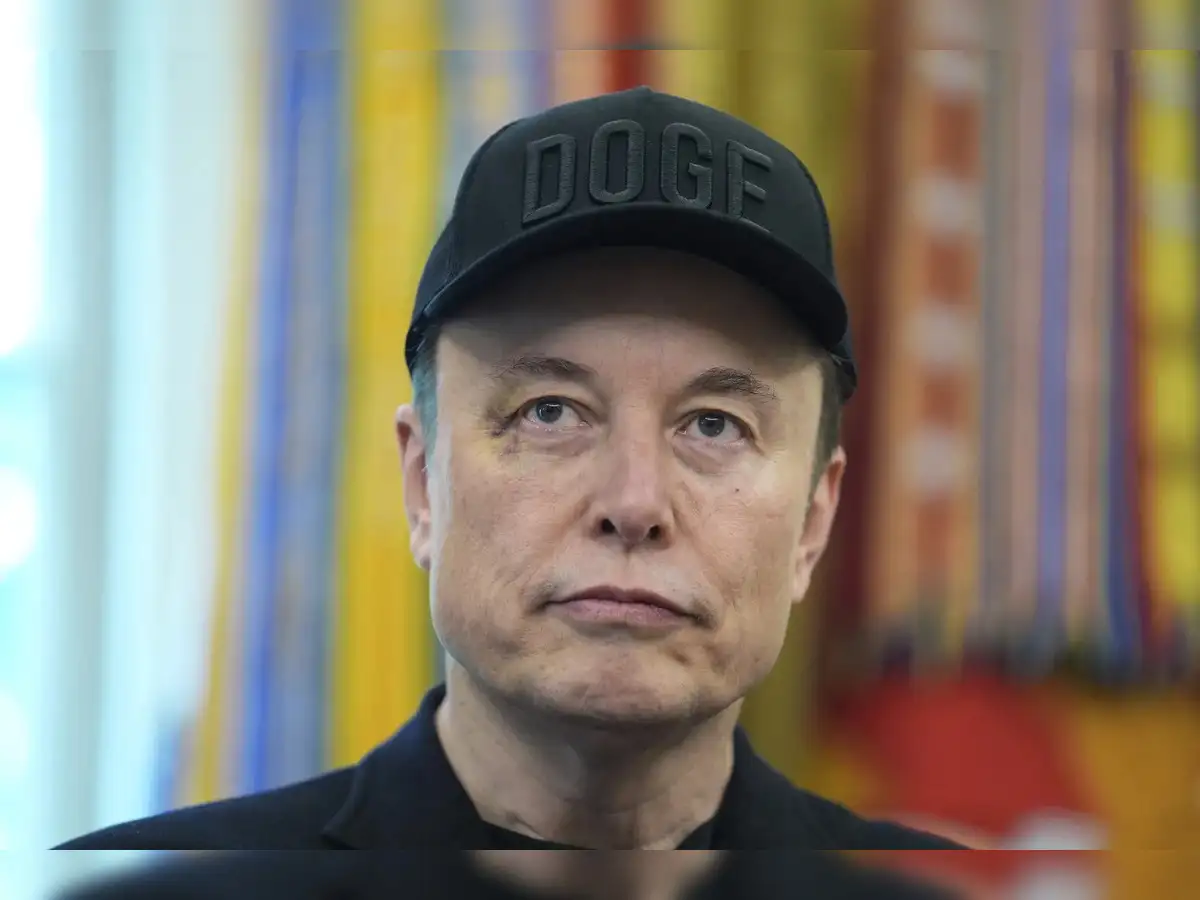Elon Musk Faces New Wave of Regulatory Battles Across Multiple Fronts
In another turbulent week for billionaire entrepreneur Elon Musk, his companies are once again in the regulatory spotlight—this time spanning from Nevada to California and beyond.
Musk’s relationship with regulators has long been tense, often marked by his companies’ unorthodox approaches to compliance. However, recent developments suggest that scrutiny is intensifying on several of his ventures simultaneously.
The Boring Company, Musk’s tunneling and infrastructure firm, is accused of committing nearly 800 violations in Nevada, according to an investigation by ProPublica. The alleged offenses include digging without permits, dumping untreated water onto public streets, failing to install silt fences, and spreading construction debris across nearby roads.
Meanwhile, Tesla is under fire from the California Department of Insurance for what officials describe as routine denial or delay of customer insurance claims, despite multiple warnings from state regulators. It’s worth noting that Tesla operates its own insurance arm in several states.
Adding to Musk’s mounting challenges, the National Highway Traffic Safety Administration (NHTSA) has opened a new investigation into Tesla’s Full Self-Driving (FSD) technology. The agency is responding to reports that the system allegedly caused vehicles to run red lights and veer into wrong lanes.
While the NHTSA has probed Tesla before, this latest inquiry is particularly significant because it focuses specifically on FSD—software that Musk has touted as central to Tesla’s future in autonomous driving, robotics, and artificial intelligence. The company recently released FSD Version 14, but the investigation raises questions about the safety and viability of its planned robotaxi fleet, which relies heavily on the same technology.
In related industry news, General Motors (GM) appears to be quietly reviving its autonomous ambitions after absorbing Cruise in December 2024. Reports indicate that GM has repurposed Chevy Bolt EVs from the defunct Cruise robotaxi program for testing on highways near Austin, Michigan, and the San Francisco Bay Area. Insiders suggest GM is rebuilding its autonomous vehicle (AV) team across Austin and Mountain View, and has even rehired former Cruise employees, according to Bloomberg.
Meanwhile, Joby Aviation—a pioneer in electric vertical takeoff and landing (eVTOL) aircraft—raised $514 million through the sale of 30.5 million shares, priced at $16.85 each, about 11% below the previous close. The funds will go toward certification, manufacturing, and preparations for commercial operations, with passenger flights expected to launch in Dubai in 2026, followed by the United States.
Elsewhere in the mobility and transport tech sector:
– Futurail, a European startup building autonomous technology for self-driving trains, raised €7.5 million in a seed round co-led by Asterion Ventures and Leap435, with support from EIT Urban Mobility, Zero Infinity Partners, and Heroic Ventures.
– Nexcade, a London-based automation startup for freight forwarders, secured $2.5 million in a pre-seed round led by Connect Ventures, joined by MMC Ventures, Entropy Industrial Capital, and Inovia.
– Toyota announced a partnership with Metal Mining to co-develop cathode materials for solid-state batteries, a crucial step toward the next generation of electric vehicles.
– Tycho AI, a company specializing in autonomous drone navigation, raised $10 million in Series A funding led by FirstMark.
– Utilimarc, a Minneapolis-based fleet analytics and benchmarking firm, was acquired by Smith System—terms of the deal were not disclosed.
As Musk contends with a barrage of investigations and industry rivals quietly reposition themselves, one thing remains certain: the race toward autonomy and AI-driven mobility is accelerating, even as regulators race to keep up.
Source: Techcrunch
news via inbox
Get the latest updates delivered straight to your inbox. Subscribe now!




